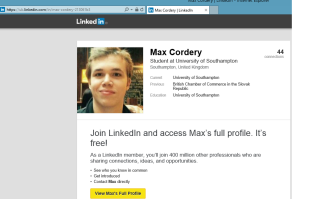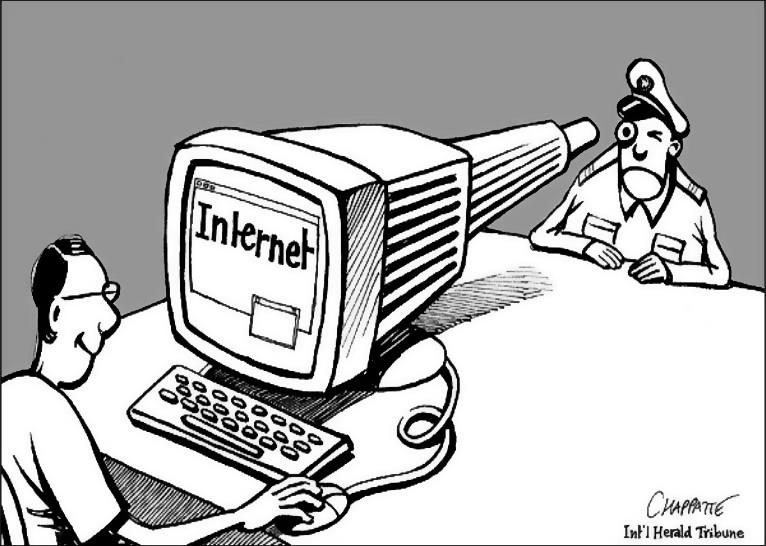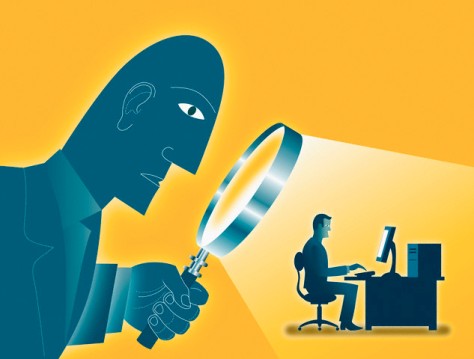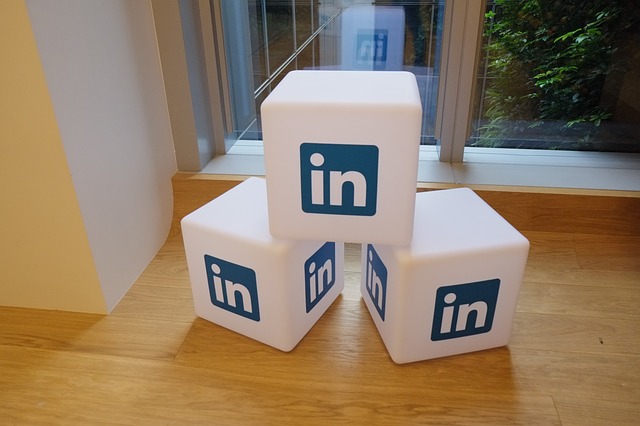First of all, I’d like to say that this module took me in a direction I hadn’t at all expected. My degree is International Relations, which is far more theoretical than what I’m used to. This module taught me a lot about how to navigate around the web and use it efficiently and carefully. Below are links to various forms of social media I use to maintain my online profile as well as a self-test to evaluate how far I’ve come with this module:


Here’s the self-test:
Accessing, managing and evaluating online information
Start: 2
Before the start of this module, I never really took advantage of the material that was available to me. I could say that I was quite shallow when using the material that was available to the best of my abilities.
End: 4
I feel as though I’m more wary and aware of the content that is available to me. Open access, for example, is a topic in this module that helped me realize what is available online and how I can use it to the best of my abilities.
Participating in online communities, building online networks and collaborating on shared projects
Start: 1
These are all things I didn’t engage in at all prior to this module.
End: 3
I engage in online communities a little more than I did before, but I feel as though it is something I can work on a little bit more. I can work on this, for example, by joining groups on LinkedIn to help boost my prospects for when I’ll be looking for work in the future. By using LinkedIn more, I feel I build a large online presence in the future.
Creating online materials (text, audio, images, video)
Start: 3
Before this module, I used websites like Instagram to post pictures online, but I never had a blog or used websites apart from Instagram to share my own content.
End: 5
By taking this module this semester, the amount of content I create is much more than it was when I started. Adding to that, I share different types of content online, with blogging being an example, as opposed to just sharing my pictures on Instagram prior to the start of this module.
Managing your online identity and privacy
Start: 3
Before this module, I was always wary of my privacy settings on social media. I became familiar with this when I found out that universities check students’ social media when they apply to university.
End: 4
As I was wary about who can check my online information, this something I was most familiar with when starting this module. However, I became more cautious around internet use when I found out that employers can spy on you from inside your own office.
Overall, my online experience before starting this module was patchy, where some things I was quite familiar with and engaged with frequently while other things were completely new to me. I’m still working on trying to become a more well-rounded internet user. I believe that by using helpful online materials like LinkedIn and the applying the knowledge I’ve learned from this module, I should become more and more well-rounded as time progresses.
Word Count: 529






